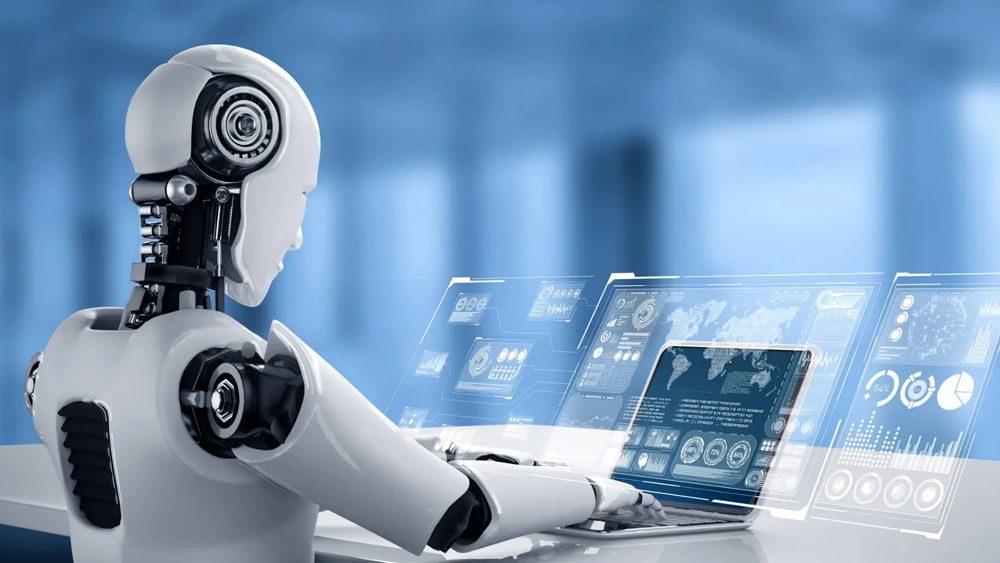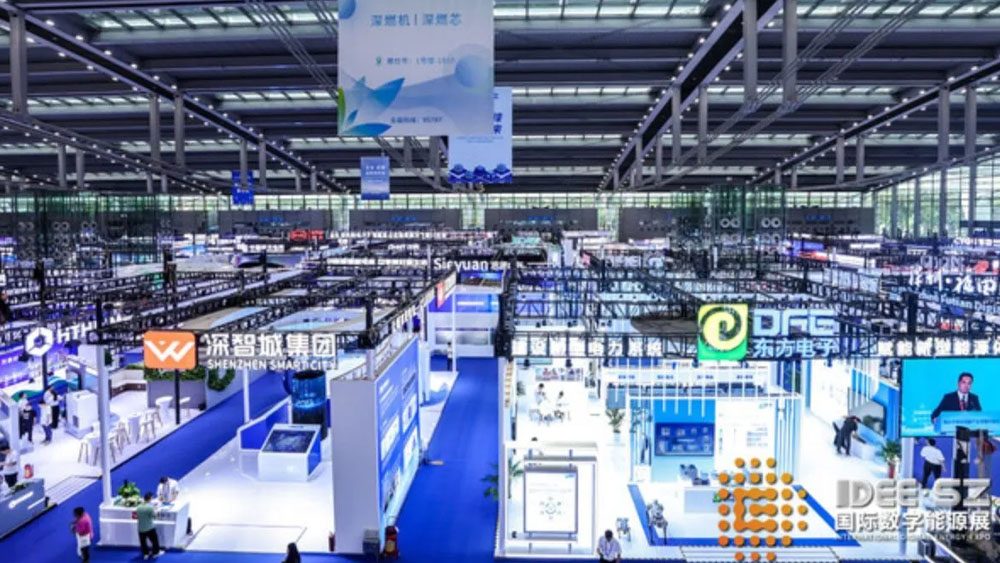AI Adoption Continues to Grow, What’s the Next Trend?
The adoption of artificial intelligence (AI) continues to increase and touches various fields due to the popularity of generative AI. What trends will emerge after GenAI?
AI has actually been present in many technologies that we use. However, this technology has become a continuous topic of discussion after GenAI from OpenAI, ChatGPT, gained popularity.
AI technology is considered to continue to grow and produce new products.
Glair AI CEO William Lim said that AI Agents will be the next trend after GenAI.
“So the next technology trend, after generative AI, is AI Agent,” he said at the Selular Business Forum with the theme AI: Just a Trend or Has It Become a Necessity?, Jakarta, Monday (9/9).
AI Agents are said to be similar to AI Assistants. This technology will help humans in various activities.
AI Agents work with two foundations, namely the Large Language Model (LLM) and Multimodal Interaction.
LLM is present as a brain with the ability to think and provide data and information. Meanwhile, Multimodal Interaction allows AI Agents to receive input and produce cross-media output, be it text, graphics, or even audio.
Quoted from the Microsoft page, AI Agents or AI Agents are designed to perform certain tasks, answer questions, and automate processes for users.
These agents vary greatly in complexity, from simple chatbots, copilots, to advanced AI assistants in the form of digital or robotic systems that can run complex workflows independently.
Microsoft’s Copilot is one example of an AI Agent. Copilot works with users, rather than operating independently. Unlike fully automated agents, Copilot provides suggestions and recommendations to help users complete tasks.
Google’s Gemini Live is also an AI Agent. Gemini Live has live interaction capabilities.
Users can consult Gemini Live via voice, and can even ask questions about visual objects shown on the camera.
AI Contribution
In the same event, the Expert Staff of the Minister of Communication and Informatics (Menkominfo) for Social, Economic and Cultural Affairs Wijaya Kusumawardhana quoted data from Mc Kinsey, Kearney & CSET 2023 saying that AI’s contribution to gross domestic product (GDP) in 2030 globally is estimated to reach US$13 trillion, and in the ASEAN region US$1 trillion.
In Indonesia itself, the contribution is estimated to reach US$366 billion. If we look at the 2023 GDP which reached around US$1.4 trillion, then this value contributed around 26 percent.
“This potential needs to be utilized by business actors. Not only in the technology sector, but also other industries,” said Wijaya.



